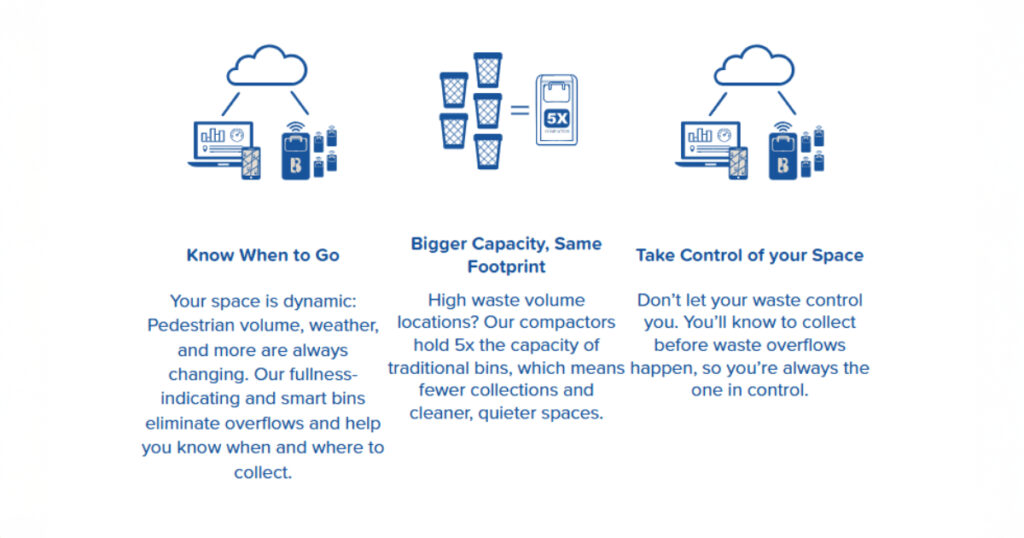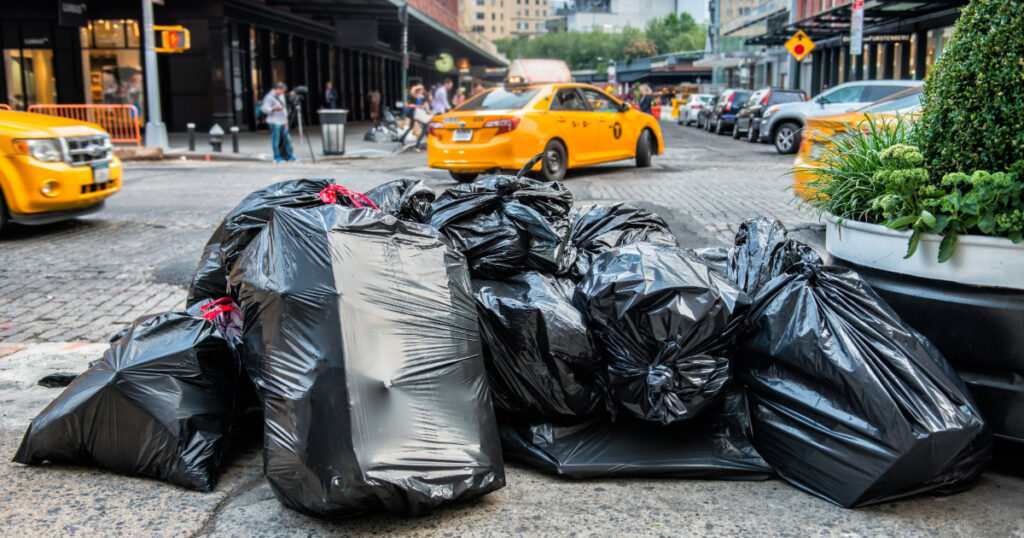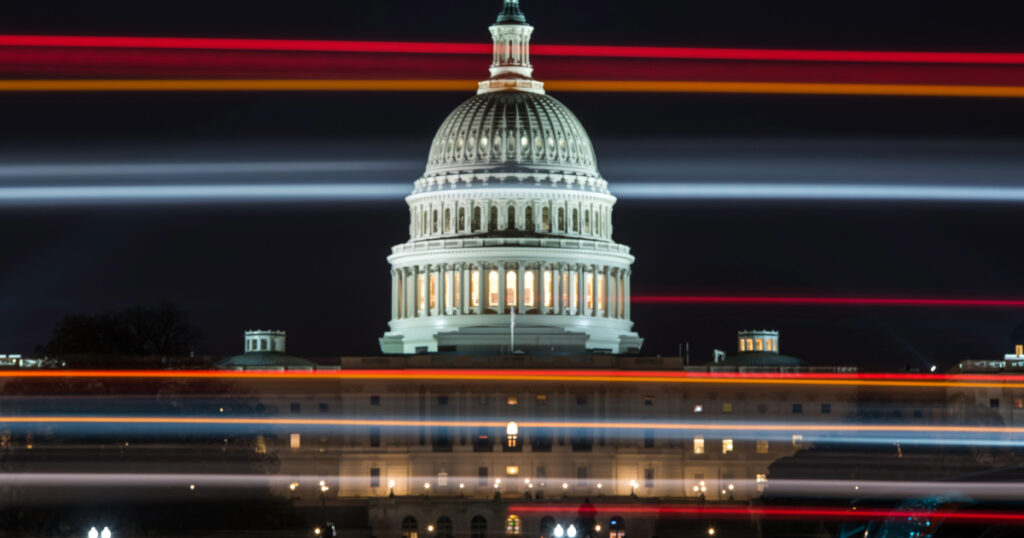Unfortunately, the United States lags behind the EU and other world countries in terms of waste recycling. It is problematic because there are no federal laws or recycling procedures, so it is nearly impossible to estimate how much exactly is being properly utilized at the state level. However, there is some data on which cities are doing their best to practice zero waste. Let’s see what American cities excel in recycling.
State of US Recycling: Top Cities
The US deposits approximately 146.1 million tons of trash into landfills every year (or 4.5 pounds per person daily). Only about 23.6% is being recycled. And largely thanks to the recycling efforts of these (mostly Pacific Coast) cities.
San Francisco

The city leads US recycling initiatives and actively participates in the Zero Waste movement. While they are not there yet, San Francisco aims to cut its landfill disposal by half by 2030.
The city requires real estate developers to include sufficient space for three waste streams: compostables, recyclables, and non-recyclable waste. It provides easy access to nearby trash sorting facilities. Throughout San Francisco, leadership has deployed “smart” trashcans that use solar energy to compact waste and send alerts when they’re full. Those bins help optimize the collection process and reduce garbage truck trips, thus cutting down on emissions as well.

Image source: bigbelly.com
Los Angeles

LA also pledged to participate in the Zero Waste program via the Solid Waste Integrated Resources Plan (SWIRP). The city collects and utilizes waste through a number of methods:
- Curbside Blue Bins.
- Drop-off centers.
- Paid third-party recycling services.
- Buyback centers.
San Jose

San Jose ambitiously wants to cut greenhouse emissions by 244,000 tons of carbon dioxide/year by the end of 2030. City officials actively seek residents’ feedback on achieving zero waste in the near future.
San Jose also implemented mandatory commercial recycling and offers free junk pickup in residential areas.
Portland

The city currently manages to repurpose over 42% of its waste with a goal of 55% by 2025. It has implemented a ban on styrofoam containers and plastic bags. Portland largely relies on people’s cooperation when it comes to composting and recycling and offers a good network of agencies that can assist with those tasks.
San Diego

San Diego plans to go to zero waste by 2040. The city wants to achieve this goal by doing the following:
- Encouraging private businesses to establish recycling facilities on the premises.
- Promote education about existing recycling programs.
- Invest in new technology to improve and advance waste management.
State law and County ordinance mandate all residents and businesses to recycle. Non-compliant entities are automatically enrolled in recycling services by their haulers, and there is an additional cost for these services.
New York

Long struggling with garbage disposal, the Big Apple continues to rehaul and improve its recycling programs and policies. Organic waste has been one of the biggest challenges for the city for a long time, and New York is actively trying to implement mandatory organics collection citywide. The new ordinance also plans to make manufacturers share in the cost of recycling paper, glass, plastics, and metals.
Washington DC

The capital does not have the most efficient waste recycling system in the US, but it takes steps to improve the situation. The DC Council outlines the Solid Waste Reduction and Recovery program to reach zero waste by 2032. Washingon also banned styrofoam use.
Minneapolis

This midwest city plans to reach its goal of cutting landfill pollution by 80% in 2030. The strategy involves:
- Educational programs.
- Reporting as a tool to measure the city’s recycling efforts.
- Engaging the business and residential sector via various city-backed and private recycling services.
The recycling in most rural areas remains insignificant, if not non-existent. Many cities drop recycling programs because of high running costs. The population also needs better guidance on such recycling basics, like properly cleaning and sorting their recyclables.
Final Thoughts
We don’t do nearly enough to reduce our waste, and the US potentially withdrawing from the Paris Agreement will only stifle the existing initiatives. Therefore, it is up to each of us to try and make the planet cleaner every day.
Remember that ever-evolving technology has a massive impact on the environment. So, instead of letting your gadgets sit and collect dust, consider buyback services such as Gadget Salvation for the easiest way to reduce e-waste. Here, you can sell your old electronics for cash or recycle them if deemed too old or unsalvageable. Simply pay for postage and we will recycle your gizmos for you. Feel free to reach out if you have any questions.










